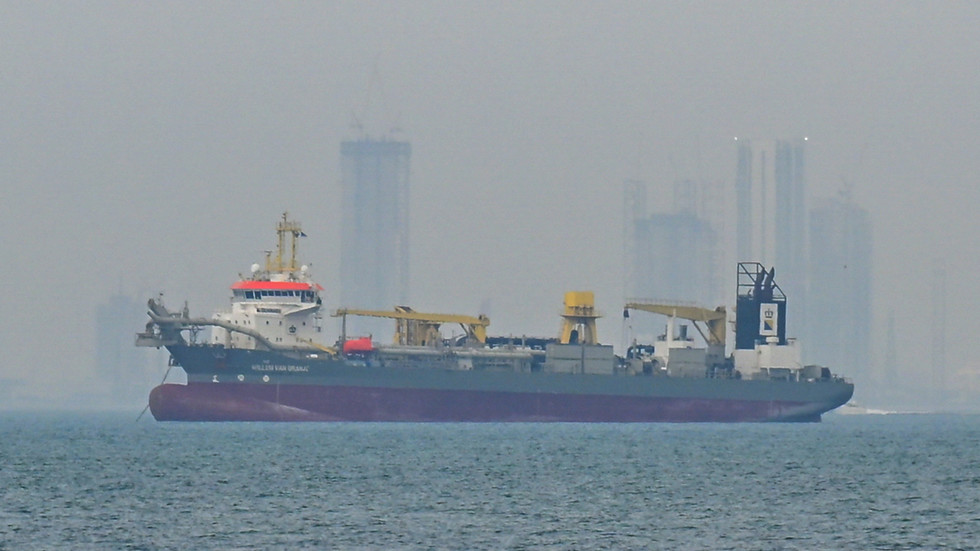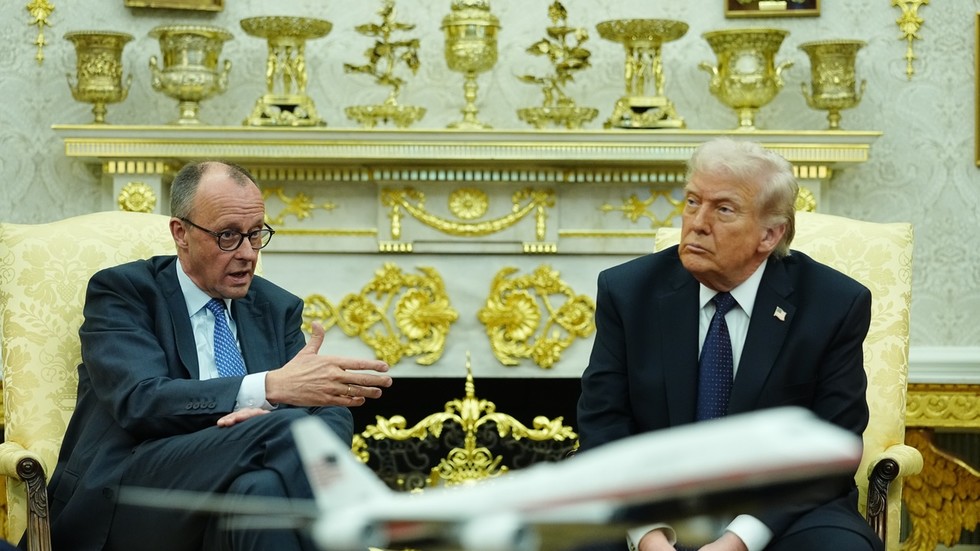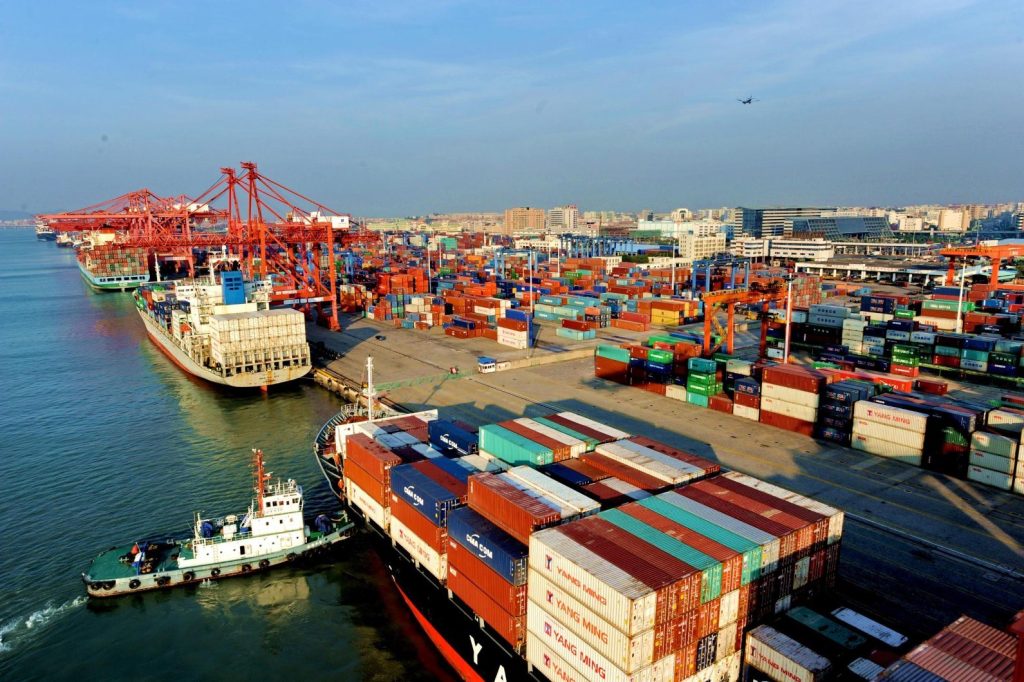In a groundbreaking development that could reshape the landscape of global trade, US Trade Representative Katherine Tai has brought attention to the urgent need for reform within the World Trade Organization (WTO) in response to China’s economic growth model. Speaking in Abu Dhabi, Tai emphasized the significant decrease in US-China bilateral trade in 2023 as a signal of the shifting dynamics in global trade relationships.
The sharp decline in trade between the two economic giants has been unprecedented, with American imports of Chinese goods dropping by 20 percent to USD 427 billion, as reported by the US Commerce Department. This decline, the most substantial since the inception of customs records in 1995, surpasses the downturns witnessed during the 2008-09 global financial crisis and the onset of the US-China trade war in 2018-19. The potential loss of China’s position as the top exporter to the US, a title held for 17 years, signifies a crucial moment in international trade.
Tai’s remarks at the WTO meeting in Abu Dhabi highlighted the competitive pressures generated by China’s economic model, calling for reform within the organization to better serve the interests of all member nations, regardless of size. This push for reform aligns with WTO Director-General Dr. Ngozi Okonjo-Iweala’s efforts to mediate differences between the US and China, underscoring the global economic implications of a divided trading world.
Insights from trade expert William Reinsch suggest that the decrease in US-China trade could indicate a broader trend of economic decoupling, with an increase in imports from Southeast Asia into the US driven in part by Chinese companies evading tariffs. This shift raises concerns about the future of global supply chains and the potential division of the world into two trading blocs. A WTO study warns that such a split could cost the world economy five percent of its GDP, emphasizing the critical need for international cooperation and reform.
As world leaders grapple with these complex challenges, the call for WTO reform and a more diversified approach to international trade becomes increasingly urgent. The implications for global economic stability and growth are profound, highlighting the necessity for thoughtful dialogue and decisive action.
By addressing these pressing issues and advocating for reform within the WTO, Tai and other global leaders are working towards a more equitable and sustainable future for international trade. The stakes are high, but with collaboration and strategic reform, the global economy can navigate these challenges and emerge stronger than ever before.



